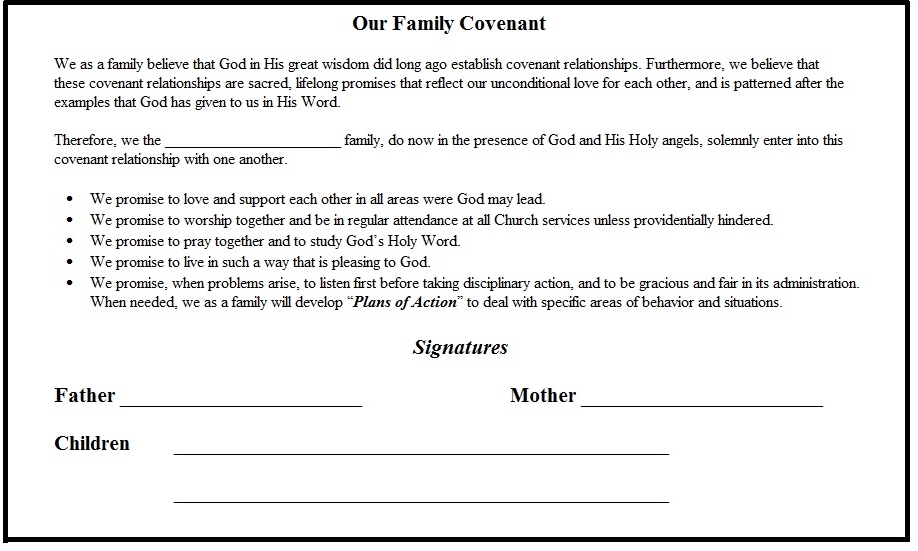“A few years ago woman in Lake City, Florida tried to rob a local motel armed only with an electric chainsaw … that wasn't plugged in.”

Typically when I take prayer requests I write them down, and when I pray I look at my list in order to make sure all have been mentioned. On this particular Sunday there were a great many requests, and one was for a young man believed to be suffering muscular dystrophy, (MD). As I was approaching the end of my prayer I began to close my eyes, and I proceeded to say:
“Lord God, we ask for Your healing hand to be upon _____________, and if it be Your will please heal his ‘VD,’ I mean MD.”
Again we all do some dumb things from time to time, but the reason we do them varies from person to person. Sometimes we do dumb things without thinking. Often these are impulsive responses in which we react to the actions of others out of anger or shock. At other times we do dumb things out of disobedience. Then there are times we do dumb things because we’re ignorant. Oliver B. Greene made a statement once that resonated with me about the beliefs people fervently hold to; his statement was: “You can be sincere, and sincerely wrong.” He was speaking in reference to one’s belief about salvation, but this can also apply to many other areas of our lives. There are times when we would rather forfeit truth than face the reality we've made a mistake or heaven forbid we've been proven wrong.
This brings me to the Body of Christ and Her focus. It’s not unusual for followers of Christ to ignorantly center their attention on the “here and now” while stating they believe something different. Our worship and the fluent use of “Christian speak” looks and sounds spiritual until we realize we’re living for the moment and not what lies ahead in Christ. There appears to be a vast shallowness in the present Church, yet many worshipers are oblivious or even blind to this superficiality.
The question is why?
Some individuals would rather live in a state of denial than deal with the reality of their spiritual shallowness. Another reason is many of our spiritual leaders are superficial themselves and seek nothing more than to elicit an emotional response in order to gain an audience. For some there is no genuine care, compassion, or concern for the spiritual growth of the flock. The bottom line for some spiritual leaders lies within numbers, ego, and leaving an earthly legacy.
As true followers of Christ we should strive for several things:
- A genuine desire to glorify Christ by seeking to make an eternal difference in the lives of as many individuals as possible.
- A genuine desire for spiritual growth and holiness. As we dig into the boundless truths of God’s Word we’re to honestly confront our personal sin in order that we might be drawn nearer to Him.
- A genuine desire for the return of Christ. As followers of Christ this world is not our home, and our eyes are to be directed toward heaven.
1 John 2:28-3:3 (ESV) And now, little children, abide in him, so that when he appears we may have confidence and not shrink from him in shame at his coming. 29 If you know that he is righteous, you may be sure that everyone who practices righteousness has been born of him. 3:1 See what kind of love the Father has given to us, that we should be called children of God; and so we are. The reason why the world does not know us is that it did not know him. 2 Beloved, we are God’s children now, and what we will be has not yet appeared; but we know that when he appears we shall be like him, because we shall see him as he is. 3 And everyone who thus hopes in him purifies himself as he is pure.
Rod




